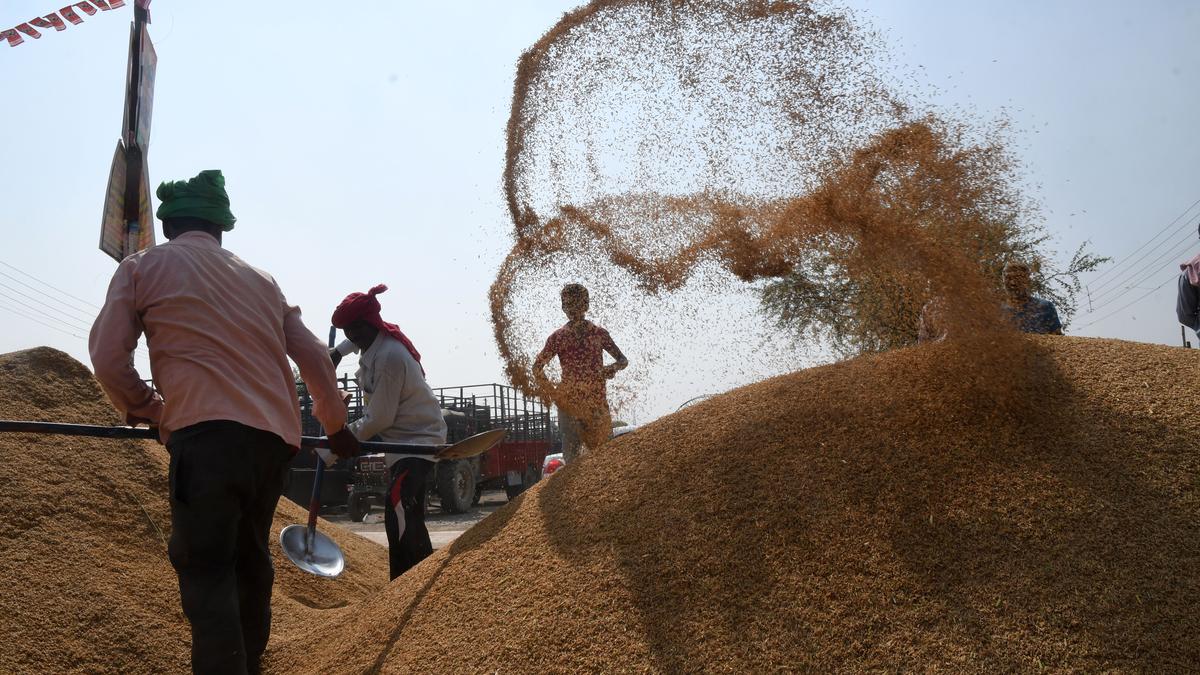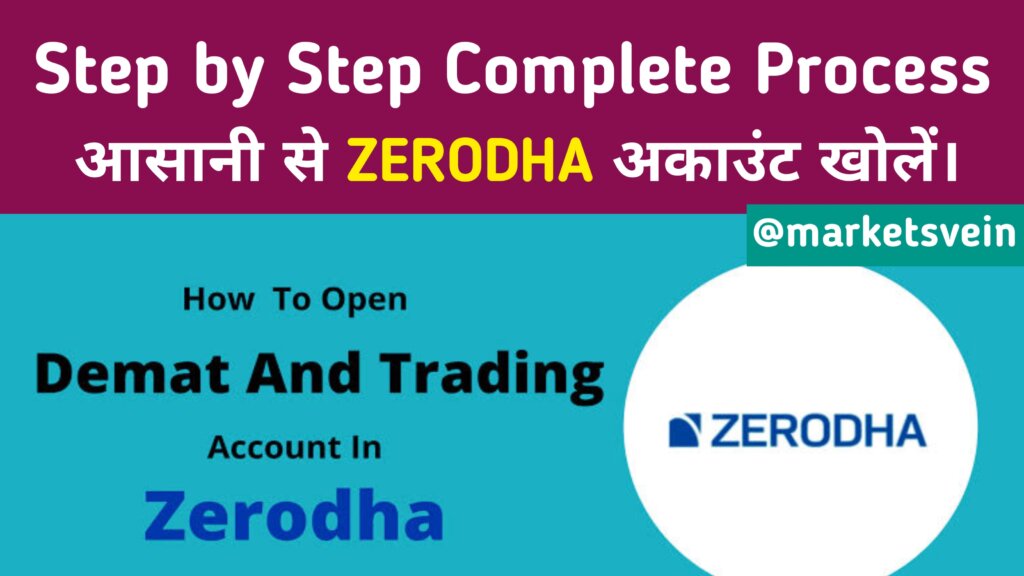

India Imposes 20% Export Duty on Parboiled Rice to Control Rising Prices
The Indian government has imposed a 20% export duty on parboiled rice, a move aimed at controlling the rising prices of the commodity in the domestic market. The duty comes into effect immediately and will remain in place for six months.
The government is also considering imposing a minimum export price (MEP) on basmati rice, a premium variety of rice. The MEP is the minimum price at which exporters can sell basmati rice.
The measures are being taken in response to the recent surge in exports of rice, which has put upward pressure on prices. India is the world’s largest exporter of rice, and the government is concerned that the high prices could hurt consumers.
The 20% export duty on parboiled rice is expected to impact shipments to countries such as Bangladesh, Sri Lanka, and Nepal. These countries are major importers of Indian parboiled rice, and the duty is likely to raise the prices of the commodity in these markets.
The MEP on basmati rice is likely to be set at around $1,200 per tonne. This would be significantly higher than the current market price of basmati rice.
The government’s decision to impose export duties and MEPs on rice is likely to be met with resistance from exporters. However, the government is confident that the measures are necessary to control the rising prices of the commodity in the domestic market.
The government has also taken other measures to control the rising prices of food items. These measures include a ban on wheat exports and a reduction in import duty on edible oils.
The government is also providing subsidies to farmers to help them increase production of food grains. The government is confident that these measures will help to bring down food prices in the coming months.
🔗 Join our Telegram Channel! 🔗
📲 Click on the link below to join:


🚀 Stay updated with the latest market trends and insights. 📈📊
Some Related Questions and Answers from this Article;-
- Why did the Indian government impose an export duty on parboiled rice?
To control the rising prices of rice in the domestic market.
- What are the other measures that the government has taken to control rising food prices?
The government has also banned wheat exports and reduced import duty on edible oils. It also provides subsidies to farmers to help them increase the production of food grains.
- How will the export duty on parboiled rice impact shipments to Bangladesh, Sri Lanka, and Nepal?
The export duty is likely to raise the prices of parboiled rice in these countries, which could make it more expensive for consumers to buy.
- What is the likely impact of the MEP on basmati rice?
The MEP is likely to make basmati rice more expensive, both in India and in export markets. This could hurt demand for the product.
- How will the government’s decision to impose export duties and MEPs on rice be met by exporters?
Exporters are likely to be unhappy with the government’s decision, as it will make it more difficult for them to sell their products. They may argue that the measures are unfair and will hurt their businesses.
- What are the long-term implications of the government’s decision to impose export duties and MEPs on rice?
It is too early to say what the long-term implications of the government’s decision will be. However, it is possible that the measures could lead to a decrease in the availability of rice in the global market, which could drive up prices.
- Are there any other ways to control rising food prices?
The government could also consider other measures to control rising food prices, such as increasing the production of food grains, providing subsidies to farmers, and regulating the prices of food items.
In Hindi –
भारत ने बढ़ती कीमतों को नियंत्रित करने के लिए परबोइल्ड चावल पर 20% Export Duty लगाया है। यह कदम घरेलू बाजार में चावल की कीमतों को कम करने के लिए उठाया गया है। शुल्क तुरंत प्रभाव से लागू हो गया है और छह महीने तक लागू रहेगा।
सरकार बासमती चावल, एक प्रीमियम चावल की किस्म, पर न्यूनतम निर्यात मूल्य (एमईपी) भी लगाने पर विचार कर रही है। एमईपी वह न्यूनतम मूल्य है जिस पर निर्यातक बासमती चावल बेच सकते हैं।
ये उपाय हाल के दिनों में चावल के निर्यात में हुई वृद्धि के जवाब में किए जा रहे हैं, जिससे कीमतों में तेजी आई है। भारत दुनिया का सबसे बड़ा चावल निर्यातक है, और सरकार चिंतित है कि उच्च कीमतें उपभोक्ताओं को नुकसान पहुंचा सकती हैं।
परबोइल्ड चावल पर 20% Export Duty बांग्लादेश, श्रीलंका और नेपाल जैसे देशों को निर्यात को प्रभावित करेगा। ये देश भारतीय परबोइल्ड चावल के प्रमुख आयातक हैं, और शुल्क इन बाजारों में इसकी कीमतों को बढ़ाएगा।
बासमती चावल पर एमईपी लगभग 1200 डॉलर प्रति टन होने की संभावना है। यह बासमती चावल की वर्तमान बाजार कीमत से काफी अधिक होगा।
सरकार का चावल पर Export Duty और एमईपी लगाने का फैसला निर्यातकों से प्रतिरोध का सामना करने की संभावना है। हालांकि, सरकार को विश्वास है कि ये उपाय घरेलू बाजार में चावल की कीमतों को नियंत्रित करने के लिए आवश्यक हैं।
सरकार ने खाद्य पदार्थों की कीमतों को नियंत्रित करने के लिए अन्य उपाय भी किए हैं। इन उपायों में गेहूं के निर्यात पर प्रतिबंध और खाद्य तेलों पर आयात शुल्क में कमी शामिल है।
सरकार किसानों को खाद्यान्न उत्पादन बढ़ाने में मदद करने के लिए सब्सिडी भी दे रही है। सरकार को विश्वास है कि ये उपाय आने वाले महीनों में खाद्य कीमतों को कम करने में मदद करेंगे।
Export Duty :: Export Duty








